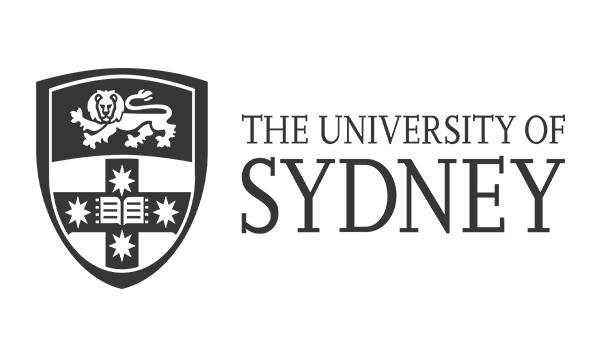AU7 Graduate Certificate in Urban and Regional Planning University of Sydney
-
THÔNG TIN CHUNG
The program is your pathway to the professional world of planning and the design, economics and theory of urban and regional environments. You will be shown the tools and methodologies to work in planning-based roles for the private sector and government agencies ranging from national levels to site-specific projects.
The Planning Institute of Australia accredits this course, ensuring professional relevance and excellent employment opportunities. Planners are strategic professionals that reconcile the complex demands of law, budgets and aesthetics to produce plans for vibrant, functional and desirable public spaces and cities. The planning program at the University of Sydney is recognised for its focus on the significant challenges of scale in planning.
Our expertise in both Urban and in Regional planning means that when you study with us, you will be adept at working across the spectrum of planning works, whether for a population of 500 or for 5 million. You will benefit from the expertise of our staff and our close ties with industry.
Our academics are all active contributors to the profession, forging close links with state, national and international planning organisations. We regularly host prestigious international planning conferences, including the only UPE conference to be held in the Asia-Pacific. All of this combines to give you unparalleled access to the best teachers and a solid network of industry contacts as you complete your degree. This is consistently demonstrated in our high student-satisfaction and graduate employment surveys. We give you flexible options to expand the scope of your degree by undertaking one of our exclusive enrichment options.
Offered in Heritage Conservation or Urban Design, you can improve your employment prospects by taking these specialisations. No other program planning program in Australia gives you the flexibility to pursue these enrichment options. Planning is an important function in many professions.
You may find yourself working as a consultant alongside politicians or private companies. There is also a demand for planners by local councils and state planning authorities. Planners are allied professionals to engineers, architects and environmental consultants. They provide advice, support and their expertise in planning to ensure that proposed projects are appropriately scoped and investigated on all relevant scales. There is also an important role for planners in the development of policy, particularly in international development, where the Faculty holds expertise.
Planning is a vibrant, challenging and rewarding career. It is much more than the simple, technical evaluation of different design options. Instead, planning is infused with consideration for human welfare and social progress. The social and ecological impacts of a project are always at the forefront of a planner's mind. Our planning program gives you the tools and approaches that will enable you to work in planning-based roles both in Australia and internationally, and cangive you this experience during your degree through our extensive exchange network.
The Urban and Regional Planning program has strong international connections and is recognised for its expertise in the formulation of national planning strategies. Dr. Paul Jones has recently signed a memorandum of understanding with the National Urbanisation Office in Papua New Guinea and has been instrumental in the launch of the first national urbanisation strategy.
Students of the Urban and Regional Planning program benefit from this expertise and global connectedness. There are many exchange opportunities with institutions around the world, further expanding your understanding of urban planning in different national contexts. This all combines to give you perspectives on planning that go well beyond the classroom.
-
CƠ HỘI NGHỀ NGHIỆP
Graduates of urban and regional planning follow careers in a wide range of areas, including urban development; strategic and metropolitan planning; environmental planning and assessment; land-use, transportation and infrastructure planning; planning for housing, health, educational and recreational facilities; community and regional development; and statutory planning. Planners work in a variety of roles, including policy analysis and implementation, consultation and public participation, besides preparing and administering planning instruments. Both the private and public sectors provide extensive career opportunities. Planners are employed by international organisations, all levels of government in Australia, and by a wide range of agencies. Private sector employment is primarily with developers and consultants. There are presently many career opportunities throughout Australia and overseas.
- ĐIỀU KIỆN ĐẦU VÀO
- ĐIỀU KIỆN NGÔN NGỮ
- HỌC BỔNG
- ĐỊA ĐIỂM
Tóm tắt
-
Phí ghi danh
100
-
Độ dài khoá học
0.5 năm
-
Kỳ nhập học
Tháng 2
Tháng 8
Phí Cơ Bản
-
Loại Tiền
-
Học Phí
Trên khoá học -
Phí Sinh Hoạt
Trên khoá học -
Tổng






